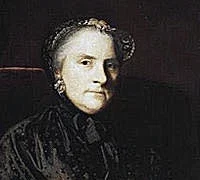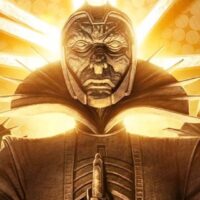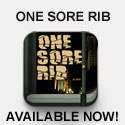Open all the doors and windows, cover the mirrors, and sit by the dead. Drink your whiskey and tears, your moonshine and grace. Bake bread in the kitchen and take pictures down from the hall. Leave no one alone, especially the deceased. In doing this, we honor the dead and wait for the Salesman.
The Salesman promises everything in death that you couldn’t get in life. So his offers are irresistible to the recently deceased. But every good hill dweller that knows his Bible knows the Salesman offers nothing but lies that steal the soul and harm the living.
Jacob stopped believing in all of that long ago, long before he left the holler, long before Ohio State and Harvard. When his mother calls crying, though, he knows he has to go back home, even before she tells him he’ll need to rent a car. She won’t leave his father’s body. It must be attended at all times.
Jacob makes excuses, remembering his father’s belt and fierce temper rather than any love. But his mother pleads, reminding him of when his father refused to sit by her father. The body of his grandfather had disappeared, or so the story goes, and whatever the Salesman had offered cost him his soul. His family’s price was paltry, nothing unexpected when the bank showed up with papers, evicting everyone from grandfather’s home.
Jacob rents a car and drives up to the holler, remembering the old rituals. He doesn’t get home till after midnight, driving past the house it’s been so long. If the windows weren’t open so he could spot the hearth fire, he might not have found it till morning.
His mother, exhausted and grieved, drapes him in a long hug in which she kisses his cheeks many times. Father is laid out in the living room, but Jacob focuses on his mother, getting her to sit down, to be calm, and, eventually, to rest. He is only able to get her to sleep when he promises to stay awake until his sister gets there in the morning.
It’s nearly dawn by the time ma falls asleep. Jacob decides to keep his word, staring at the sunken face of his father, imagining his hard gray eyes behind the closed lids.
Jacob does this till there’s a knock at the door. Unthinking and exhausted, he answers it to find a suited man who immediately removes the bowler hat he is wearing. Jacob cannot see his face, but only the smile of perfect, white teeth that reflect the fire’s light. “May I come in?” he asks.
Jacob blinks, taking a long moment to look at the stranger, then says, “We don’t want any.” He closes the door over the man’s smiling protests.
Jacob returns to the mantle where his mother has left two silver coins. He takes them and places them on his father, one over each eye.
See the author’s published work here.
Related Posts
The American: Trouble with Escape (pt. 14) Next Post:
The American: Trouble with Escape (pt. 15)
























